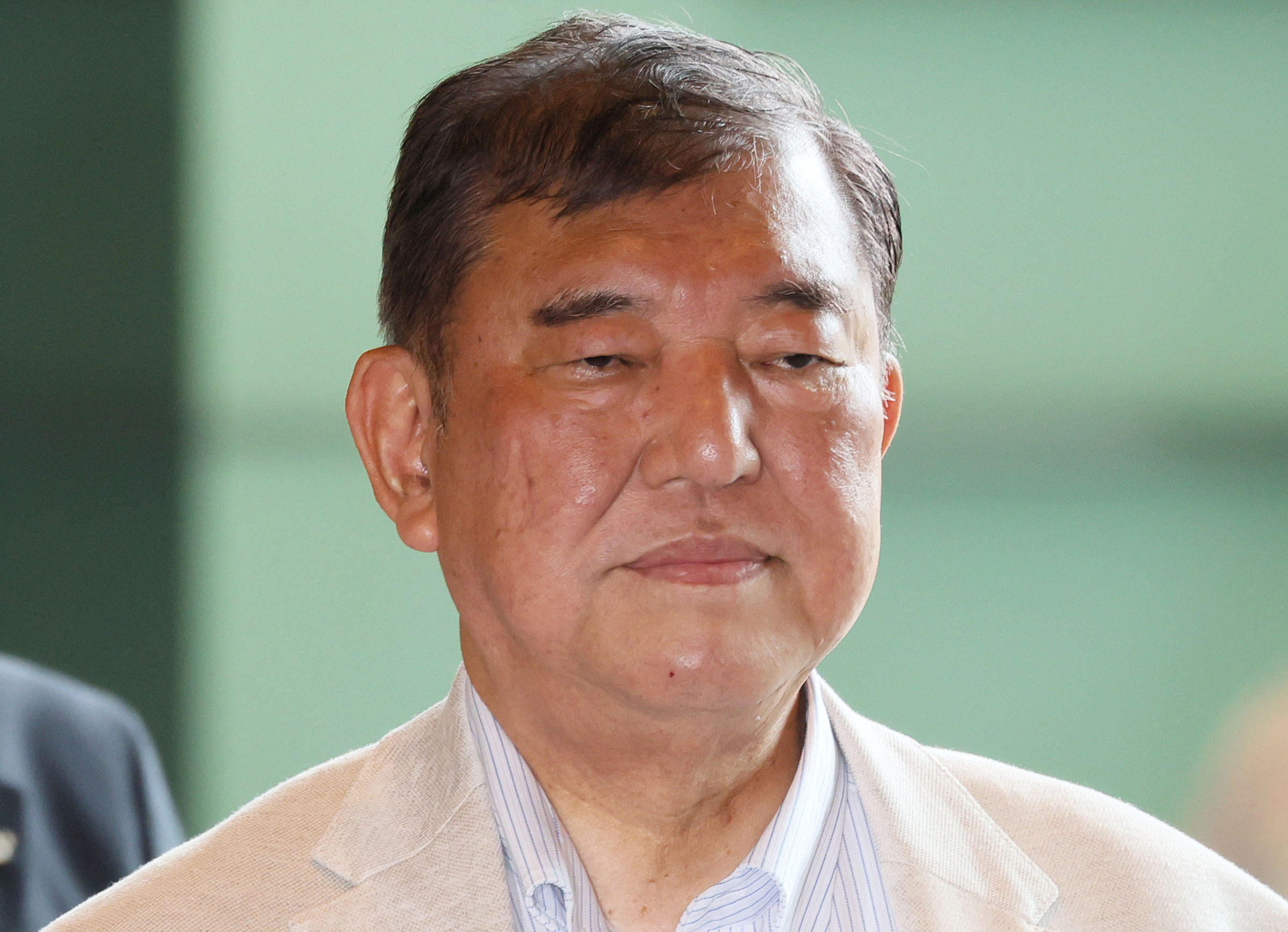Prime Minister Shigeru Ishiba, speaking on television on 10/7, stated, "If people think Japan is overly reliant on the US and must follow whatever the US says, then we need to strive for greater self-sufficiency in security, energy, and food to lessen our dependence on Washington,".
The day before, Ishiba described the tariff negotiations with the US as "a battle where national interests are threatened." "We will not be underestimated," he emphasized.
These comments followed US President Donald Trump's announcement earlier that week informing Ishiba of Washington's plan to impose a 25% tariff on Japanese imports starting 1/8, while also leaving room for further negotiations.
 |
Japanese Prime Minister Shigeru Ishiba in Tokyo on 10/7. Photo: AFP |
Japanese Prime Minister Shigeru Ishiba in Tokyo on 10/7. Photo: AFP
Last month, Japanese media reported that the Trump administration was asking Tokyo and other Asian allies to increase their defense spending to 5% of GDP, similar to NATO members. According to the Financial Times, Japan canceled its annual meeting of defense and foreign ministers with the US after Washington urged Tokyo to increase military spending beyond the previously requested level.
When asked about Ishiba's statement, US Secretary of State Marco Rubio said on 11/7 that the US has "a very strong, good relationship with Japan, and that's not going to change". "Anyone who wants to create tension or division shouldn't, because the truth is our relationship with Japan is very strong," he stated.
According to Secretary of State Rubio, Prime Minister Ishiba's comment should not be viewed negatively. "A stronger Japanese military is not something we frown upon. We actually encourage them to pursue that," he added.
He also dismissed reports that the US was pressuring Japan to significantly increase defense spending, asserting that Washington only "encouraged" Tokyo to invest in certain capabilities, not "demanded" it.
Christopher Johnstone, a White House official during the Joe Biden administration, suggested that trade tensions, military spending pressure, and uncertainty in US defense commitments could lead to the worst US-Japan relations in 20 to 30 years. However, he also cautioned that lessening Japan's dependence on the US wouldn't be easy.
"If the two countries reach a trade agreement before 1/8, tensions will gradually disappear. However, Prime Minister Ishiba's comments reflect a real and growing sentiment," Johnstone said.
Huyen Le (According to Reuters)












